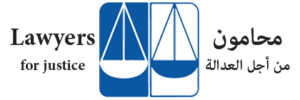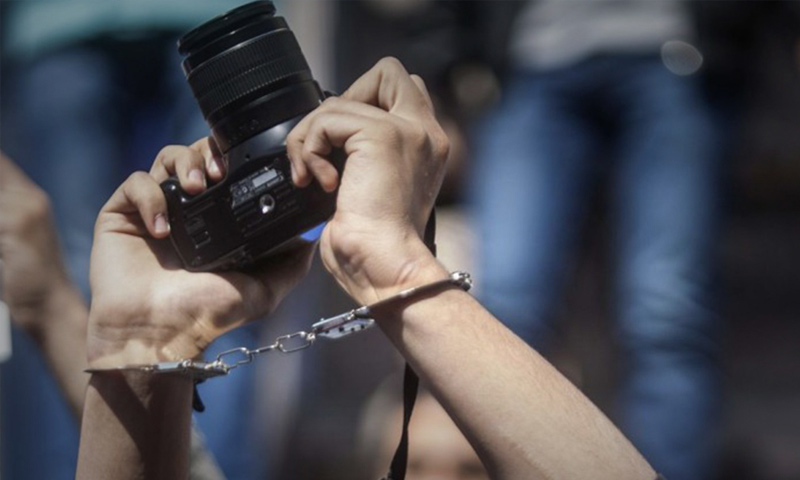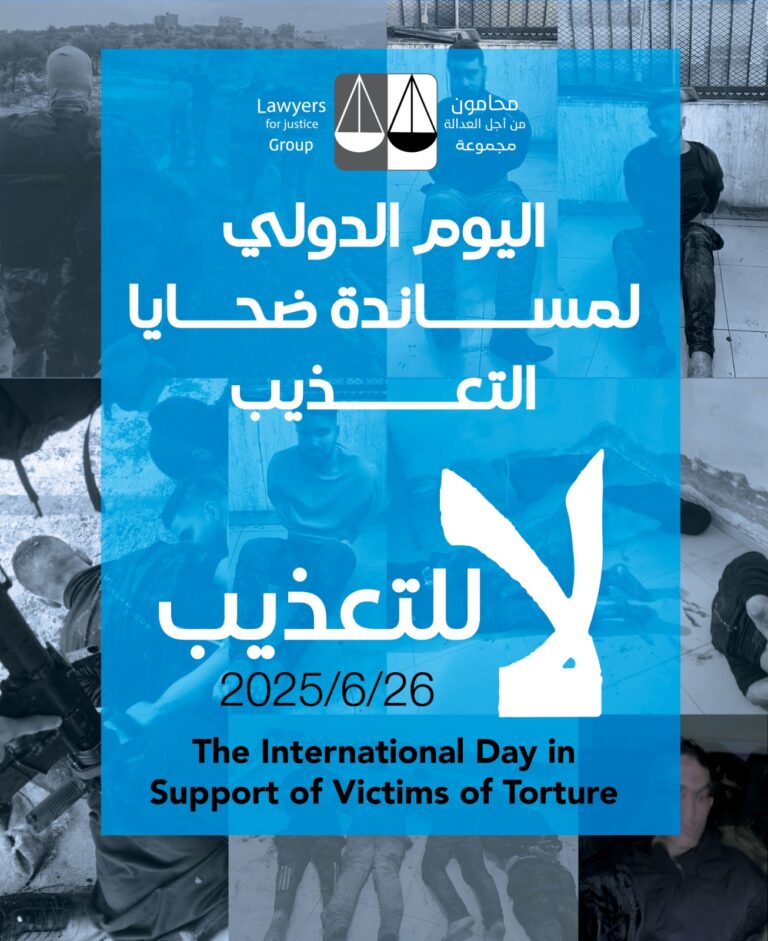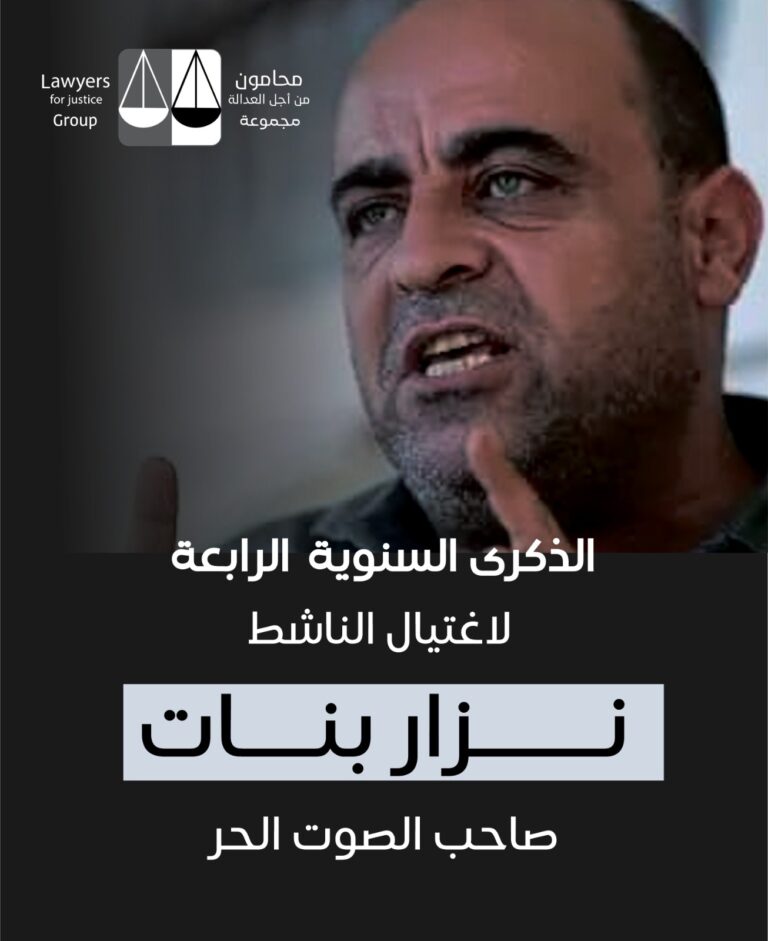The World Press Freedom Day comes this year, and the accusation of “defamation against the authority” is still an attempt by the security forces in the West Bank to pursue journalistic work, arrest them for practicing their journalistic work and exercising their right to express their opinion, even if it is in opposition to the policies of the Palestinian Authority.
This day comes, and journalists Alaa Al-Rimawi, Anas Hawari, and Abdul Rahman Thaher are still in continuous court sessions that have been going on for more than a year against the background of their journalistic and media work, after the three faced arbitrary detention in the prisons of the security forces, some of them for several weeks, accusing them of doing what they had to do, from a journalistic standpoint, and with all professionalism.
However, while it is more appropriate to study the possibility of granting journalists the right to practice their work freely, we are approaching the approval of the draft licensing system for media institutions, which grants the government wide powers that contradict the principle of media freedoms, increases the scope of authoritarian interference in journalistic work, and contradicts the law. The Palestinian Basic Law, especially Article 27 of it, emphasizes the freedom of the visual, audio, and written media, the freedom of printing, publishing, distribution, and broadcasting, the freedom of those working in them, and the prohibition of censorship of the media, so that it is not permissible to warn, stop, confiscate, cancel or impose restrictions on them except in accordance with the law.
At the same time, Palestinian journalists are living a double reality full of violations practiced by the Israeli occupation against them, in light of the absence of 15 journalists behind its bars, attacks on journalists during their coverage, breaking of their press equipment, and banning them from traveling, in an attempt to prevent their word and to mute their voices.
The attempts of the occupation’s violations against journalists did not stop at the geographical borders only but also extended to the digital space through its cooperation with the administrations of social networking sites to delete all content denouncing and condemning the occupation, exposing its crimes against the Palestinian people, and restricting the access of these accounts, and even deleting them totally often.
In the midst of all this, we at Lawyers for Justice condemn any act or practice that limits the freedom of the journalist in his work and prevents him from exercising his profession in the manner guaranteed by the Palestinian Basic Law, and the agreements and treaties agreed upon by the international community, which granted the journalist’s voice immunity from Every pursuit




